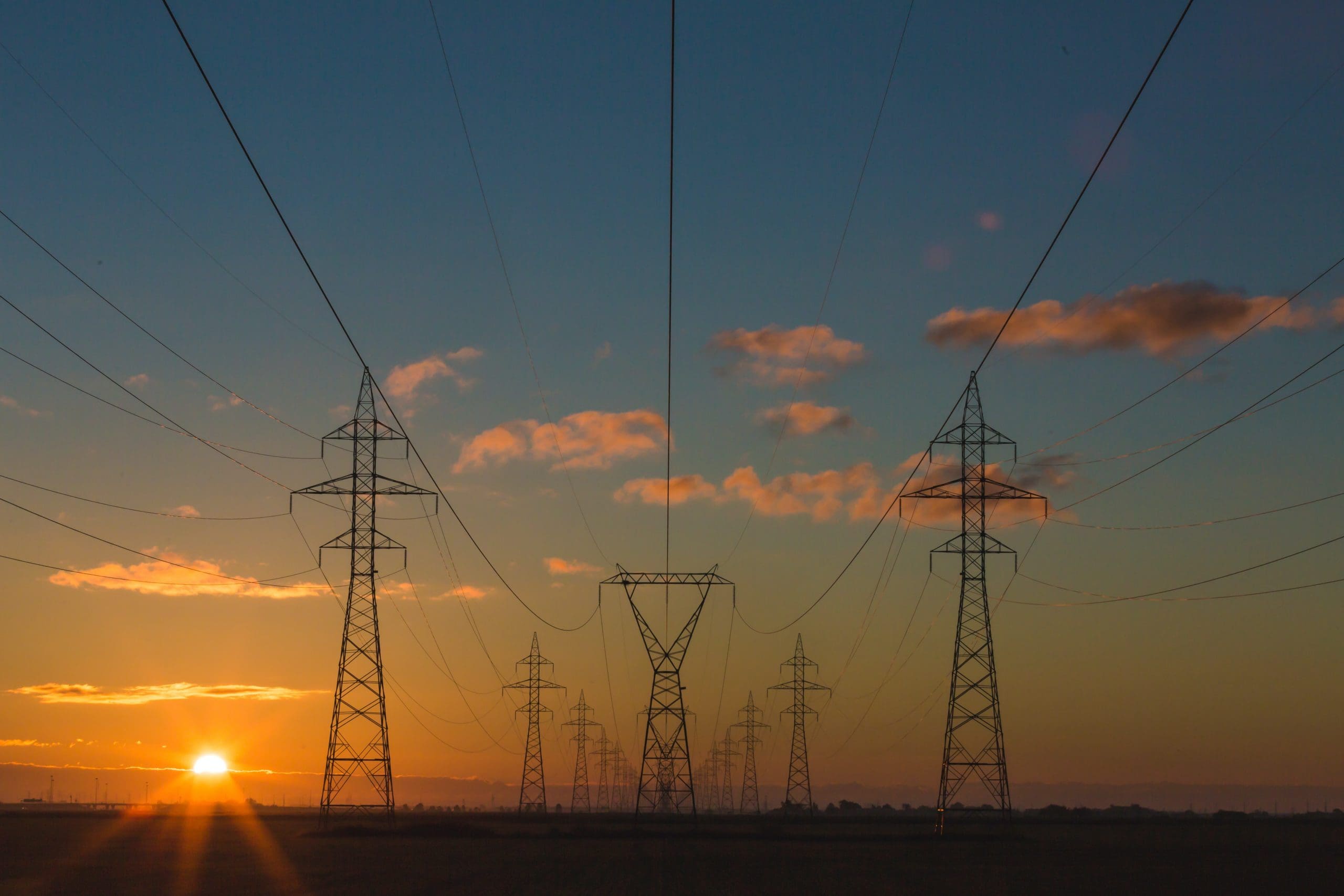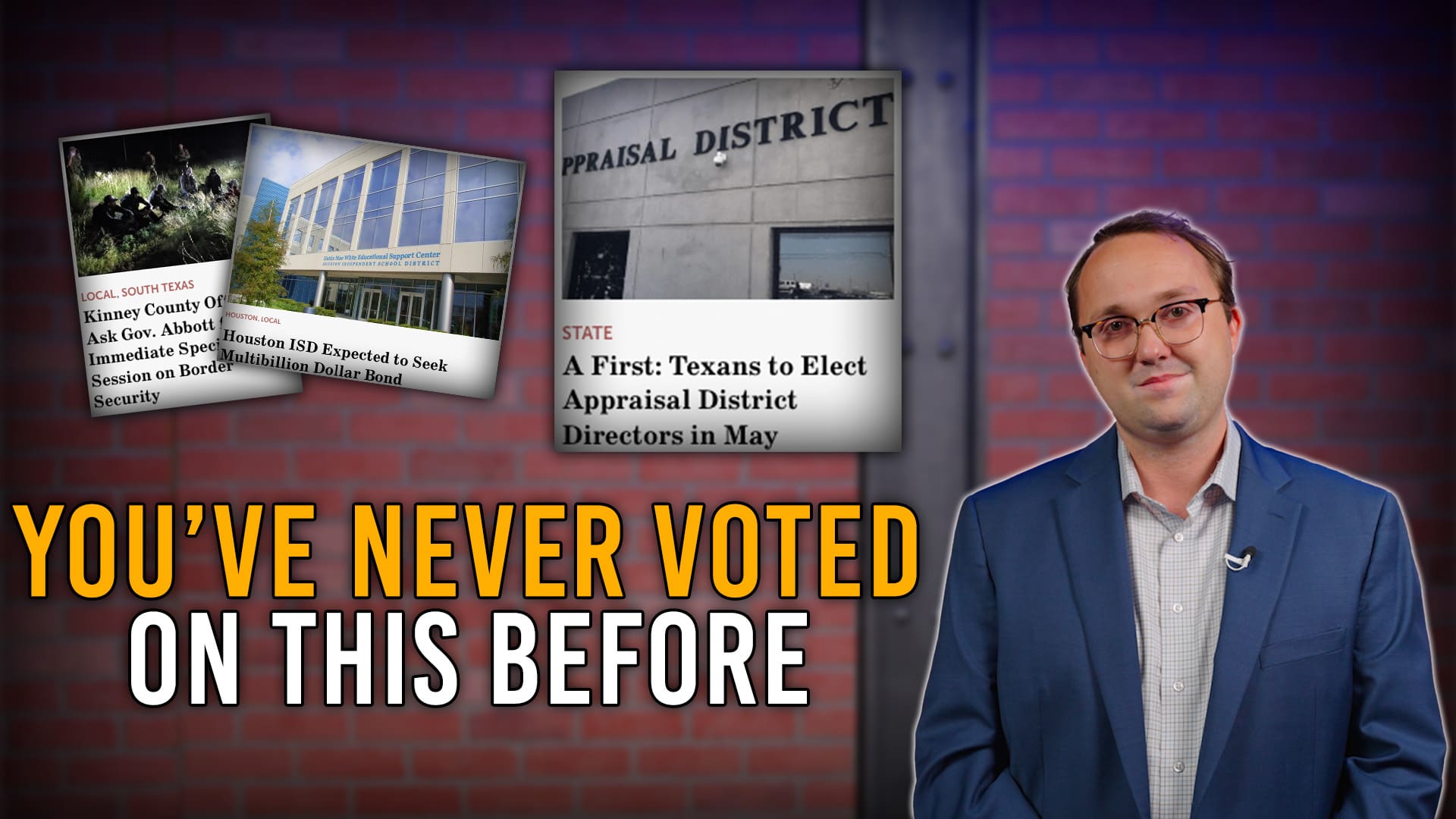As Texans prepare for the summer heat, the North American Electric Reliability Corporation—a not-for-profit regulatory authority that studies grid reliability and security—warns that Texas is at “elevated risk” for energy shortfalls.
But despite the threat, some lawmakers continue to advocate for taxpayer subsidies for unreliable energy sources.
The NERC released its Summer Reliability Assessment last week, with bleak predictions for energy levels throughout the U.S.
“This is probably one of the grimmest pictures we’ve painted in a while,” NERC Director of Reliability Assessment and Performance Analysis John Moura told CBS News.
Texas Heat
Texas in particular is expected to face “wide-area heat events coupled with drought [that] can lead to higher than expected peak electricity demand and tighter reserve conditions.”
Indeed, the National Oceanic and Atmospheric Administration’s summer forecast predicts higher than average temperatures and lower than average rain in Texas. This is a recipe for wildfires, which parts of Texas have already experienced this year, and the smoky clouds can further inhibit solar power.
Drought creates its own issues, as power plants—even coal and gas—rely on water to cool the generators.
Earlier this month, Texas already dealt with grid issues when six gas-fired power plants went offline unexpectedly and citizens were told to limit their air conditioning and appliance use.
As early retirements of fossil fuel plants continue throughout the county, “the pace of our grid transformation is out of sync,” Moura told Bloomberg. The grid is not prepared to rely solely on unreliable green energy despite the pressures of the Biden administration, which continues to shut down domestic fossil fuel projects as gas prices increase.
The Electric Reliability Council Of Texas (ERCOT) has an optimistic prediction in its Seasonal Assessment for Summer: “The ERCOT region is expected to have sufficient installed generating capacity to serve peak demands in the upcoming summer season, June – September 2022, under normal system conditions and most of the reserve capacity risk scenarios examined.”
However, the NERC suggests that this summer will be anything other than normal system conditions.
Besides heatwaves and drought, current supply chain disruptions pose further risks to the electric grid, in addition to the ongoing cyber security threat. The NERC warns that “some coal-fired generator owners are facing challenges obtaining fuels as supply chains are stressed.”
A lack of air conditioning allows for excessive heat, which can be deadly, particularly to the elderly.
Earlier this month, three elderly women were found dead in Chicago, their suspected (but unconfirmed) cause of death being heat exposure due to a lack of air conditioning. Heatwaves in Chicago are known to be deadly, as evidenced by the 700+ deaths in the 1995 heatwave.
Taxpayer-funded Shortfalls?
The February 2021 winter storm showcased the dangers of extreme cold weather, and nothing physically changed regarding the power grid, despite pressure on the Legislature.
Now, the grid is just as susceptible to extreme heat conditions.
Meanwhile, counties, cities, and school districts continue using Chapter 313 of the Tax Code to offer taxpayer-funded subsidies to renewable energy sources, despite calls from both parties to end Chapter 313. Many of the unreliable wind farms that failed during the February winter storm were beneficiaries of this corporate welfare scheme.
Though the program is set to expire at the end of the year, as the Legislature ultimately did not extend it, House Speaker Dade Phelan indicated in February that reviving the scheme would be a priority, calling it “a crucial incentive program to attract businesses to Texas.”
How to Prepare
When California continued transitioning its power supply to unreliable green energy last summer, the state regularly dealt with rolling blackouts, which triggered Gov. Gavin Newsom’s recall election.
As Californians prepared for blackouts, these are tips preparedness experts provided:
- Freeze large containers (water bottles, Tupperware, etc.) of water to keep food cool in a cooler. A typical freezer/refrigerator will keep food cool for about 48 hours.
- Fully charge your medical device(s) and consider securing backup power if you rely on power for your device(s).
- Keep extra water on hand during the summer months to stay hydrated. Without air conditioning, temperatures can soar quickly.
- Have some cash on hand and make sure to keep fuel in your vehicle.
- Make sure flashlights have batteries.
Concerned citizens may contact their legislators.





